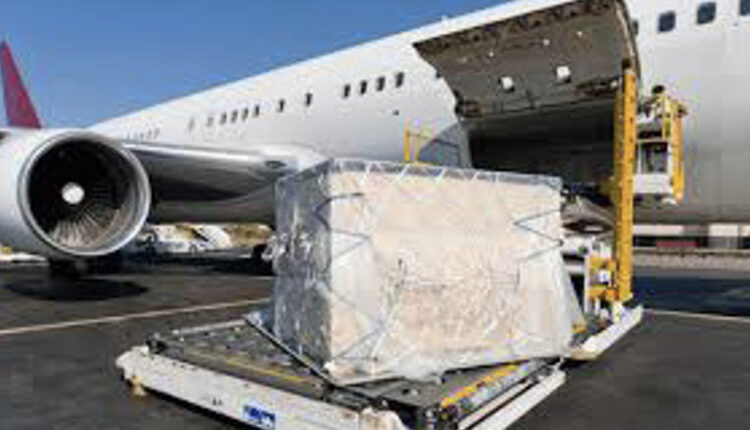Transporters of food and agricultural products in Nigeria face significant challenges in getting their goods from farms to markets. The primary obstacles include poor road conditions, multiple taxes, harassment, insecurity, and robbery, all of which contribute to the country’s growing food crisis. As a result, there is a pressing need to develop more viable options for transporting food items to consumers in their freshest and most nutritious states.
Alhaji Adio Aregbe, an interstate transporter, emphasized the importance of government intervention in improving transportation infrastructure. He suggested that an efficient rail system could lower the cost of transporting farm produce and enhance food security. However, he also advocated for the development of local air cargo services, particularly in states that have invested in cargo airports.
Currently, over 16 airports in Nigeria are designated as perishable export terminals by the Federal Airports Authority of Nigeria (FAAN), with only a few—Lagos, Port Harcourt, Kano, Abuja, and Owerri—operating at optimal capacity. Despite the underperformance of existing cargo airports in contributing to Nigeria’s GDP and economy, state governments continue to invest heavily in them, often at the expense of other critical infrastructure and social amenities.
Aregbe highlighted the need for state governments to ensure that these cargo airports are equipped with safe and functional road linkages, as well as light cargo planes dedicated to transporting agricultural products and other perishable goods.
Captain Aret Adeola, a co-pilot with a national airline and graduate of the Nigeria School of Aviation Studies, explained the importance of air cargo for transporting perishable goods. He noted that air freight is ideal for perishable items due to its speed and efficiency, allowing for faster delivery times and reduced transit periods. Insulated containers, such as coolers or temperature-controlled packaging, can help maintain the desired temperature throughout the journey, ensuring that perishable goods like fruits, flowers, and vegetables arrive in optimal condition.
Mr. Henry Ifinwa of Townsend Travels added that the air cargo industry not only provides efficient transportation for goods but also generates jobs and revenue for supporting industries such as aircraft manufacturing, logistics, and warehousing. He pointed out that air freight services offer numerous advantages, including global reach and reliable delivery times, while also reducing the need for warehousing due to quicker clearance procedures.
Despite these benefits, the aviation industry faces challenges, particularly in Nigeria, where much of the focus has been on passenger transport, aircraft movement, and security issues. Mr. Aloba Yusuf, a member of the National Association of Government Approved Freight Forwarders (NAGAFF), emphasized that for Nigeria’s air cargo sector to thrive, airports must have clear objectives and comprehensive marketing and business development plans.
Aloba noted that many airports assume they can serve the air cargo segment effectively simply because they have a runway. However, success in air cargo operations depends on various factors, including the physical capacity of the airport, regional market demand, and the availability of infrastructure and services.
He further explained that air cargo accounts for 35% of global trade, with over $6 trillion worth of cargo transported annually. In Nigeria, where agricultural produce has ready markets both locally and internationally, there is significant potential for growth in the air cargo sector. However, this will require strategic planning, investment in infrastructure, and a focus on reducing costs and improving efficiency.
As Nigeria continues to develop its air cargo capabilities, it will be essential to address the challenges that have hindered the sector’s growth, including the need for better infrastructure, more efficient logistics systems, and greater coordination among stakeholders. By doing so, the country can unlock the full potential of its agricultural sector and ensure that food products reach consumers in the best possible condition.
